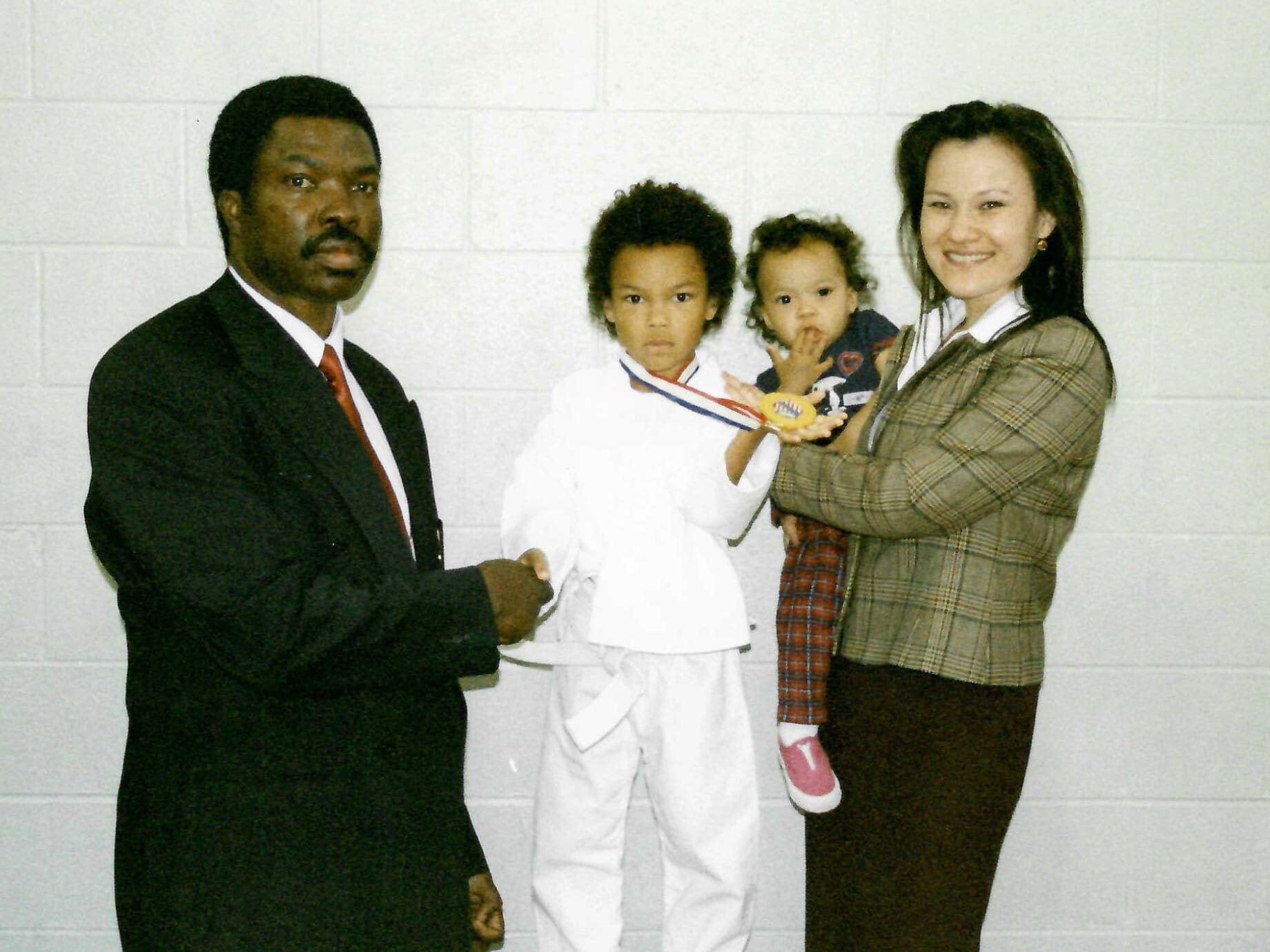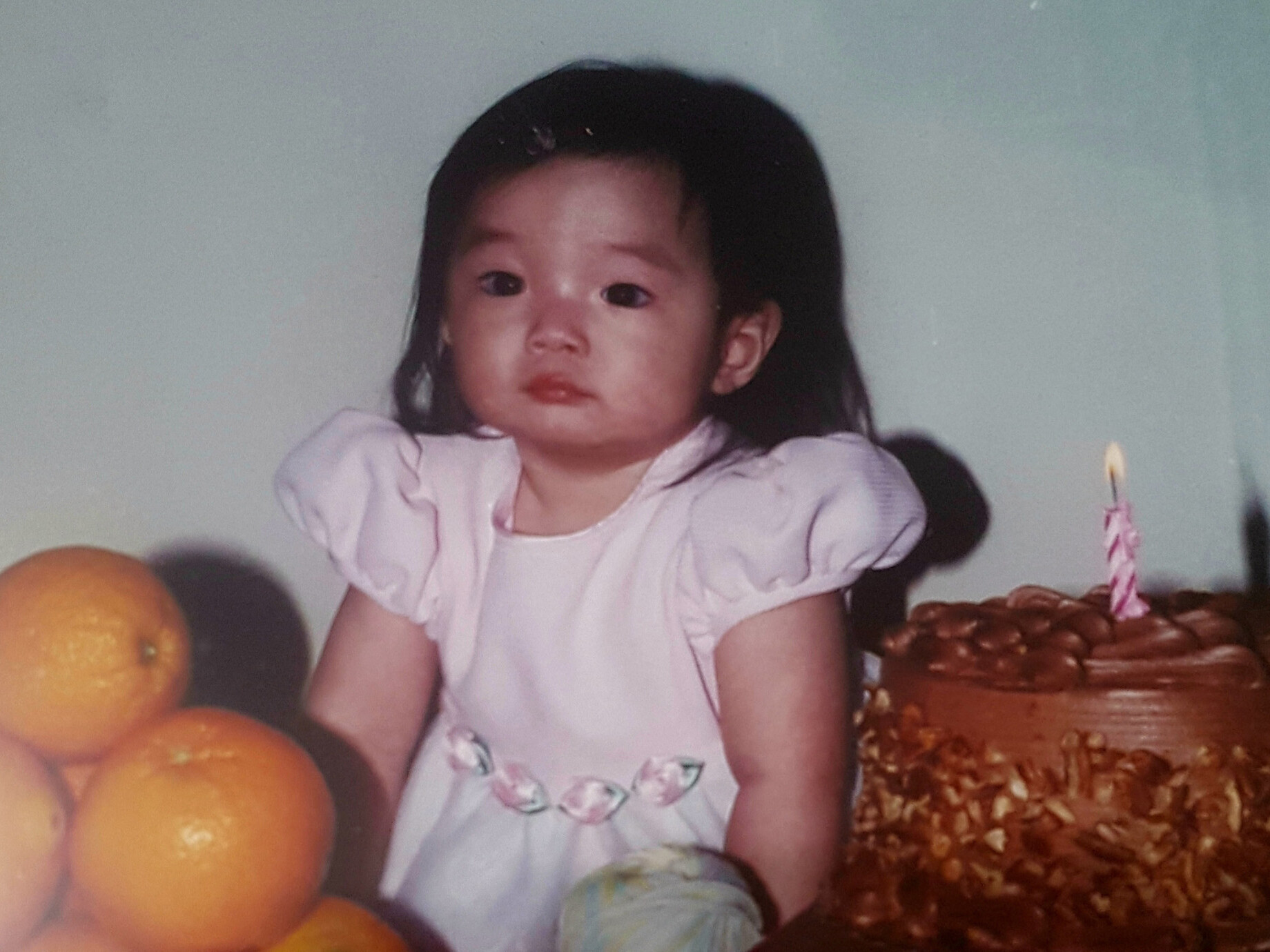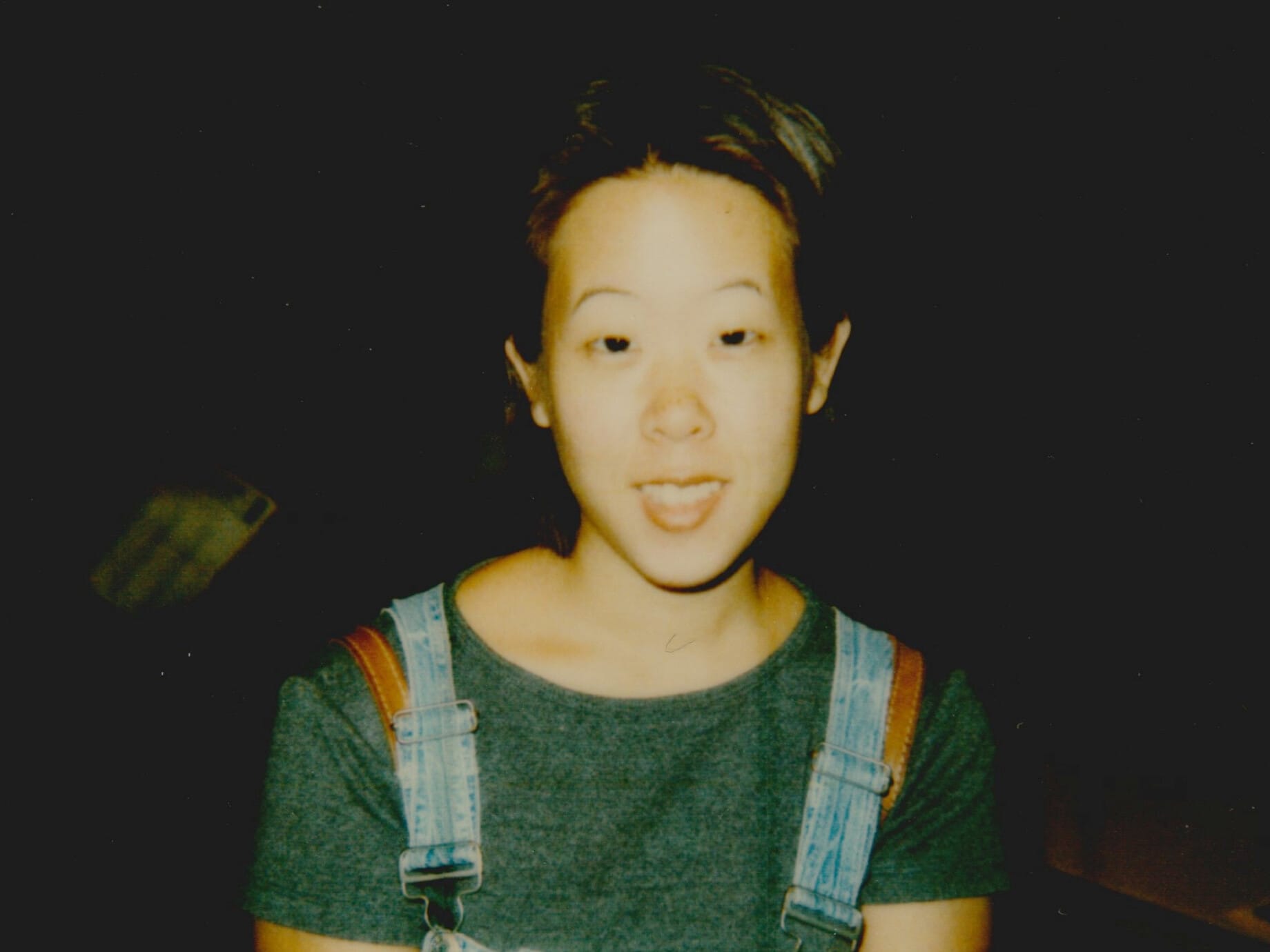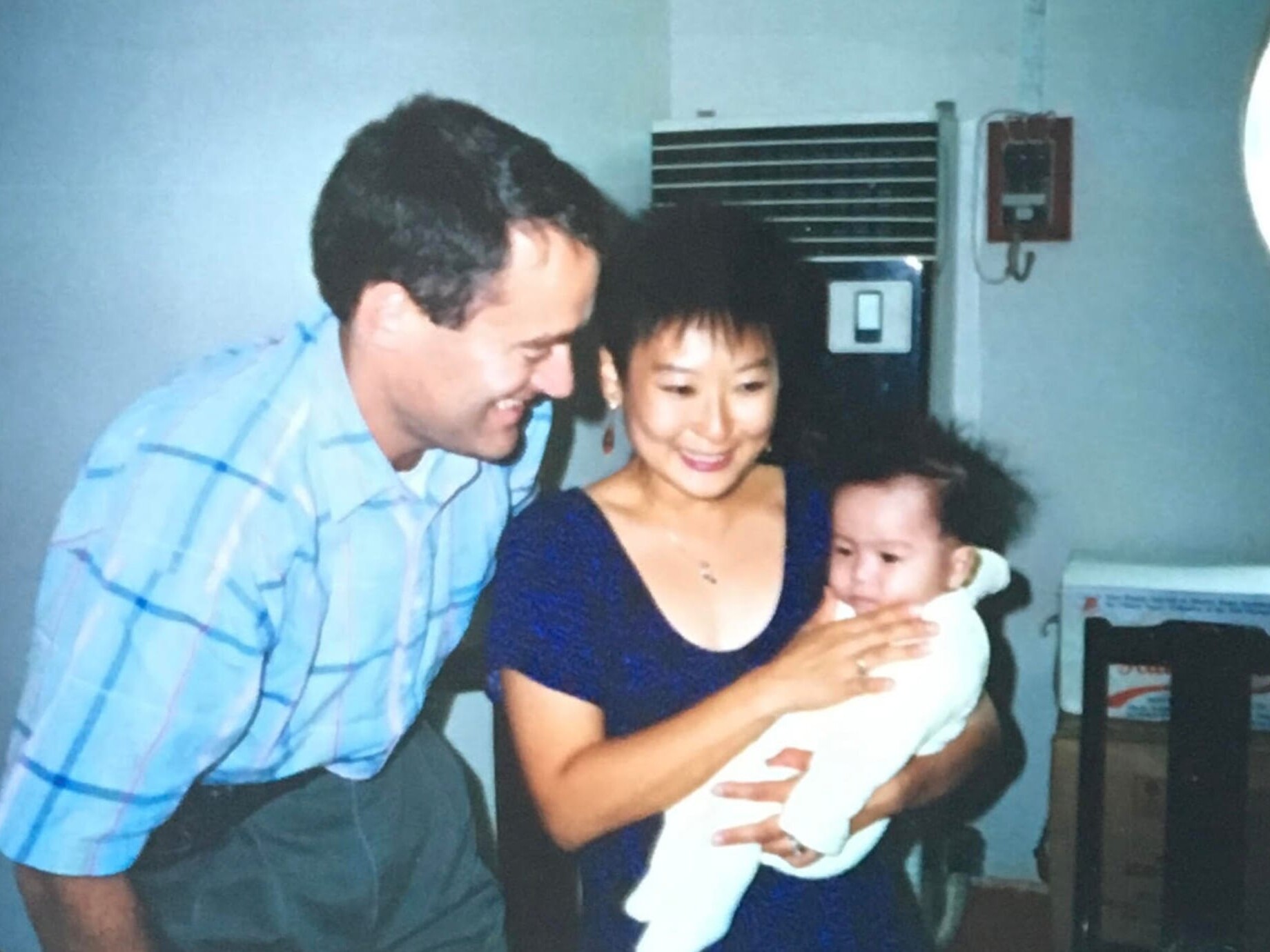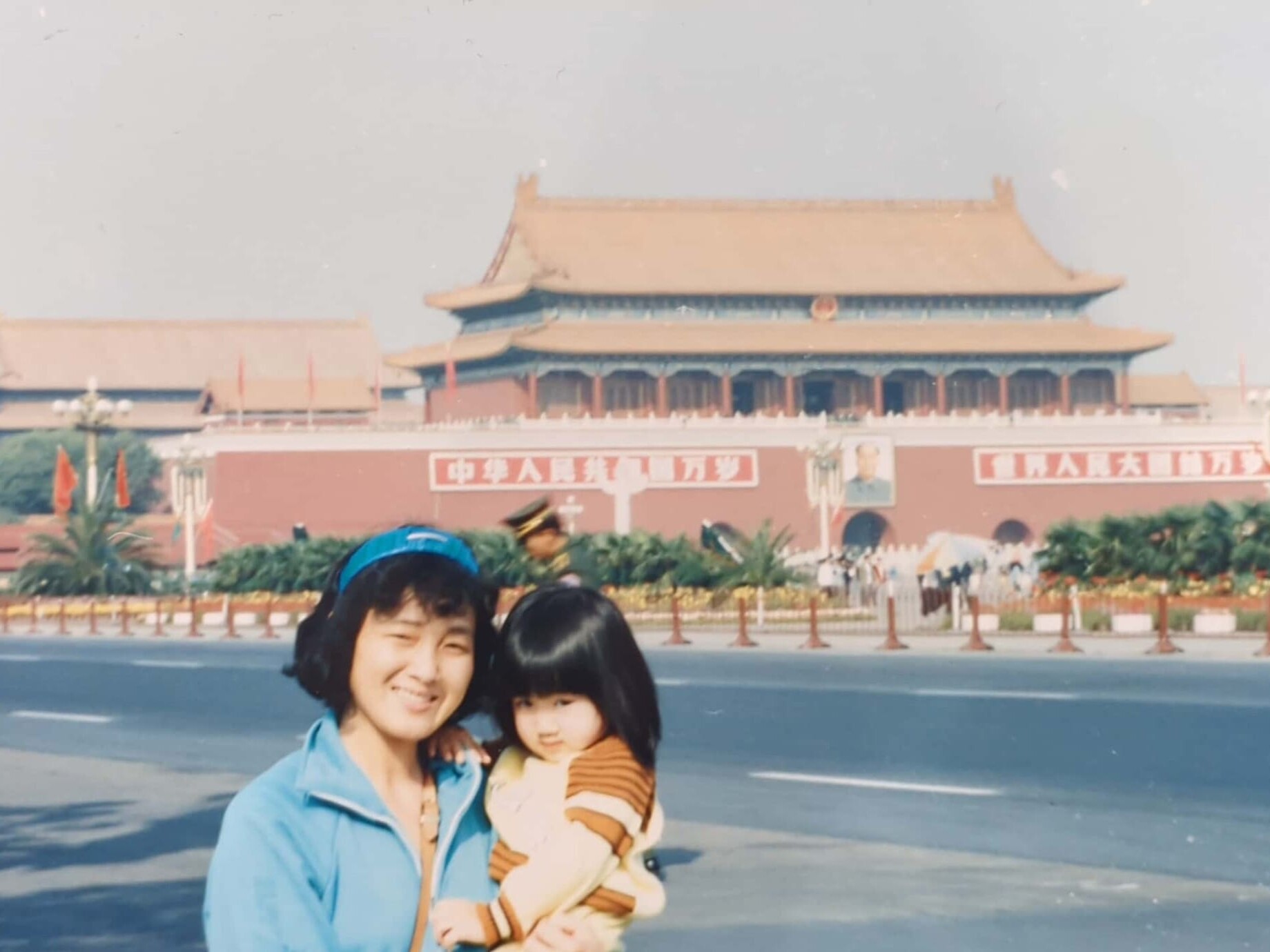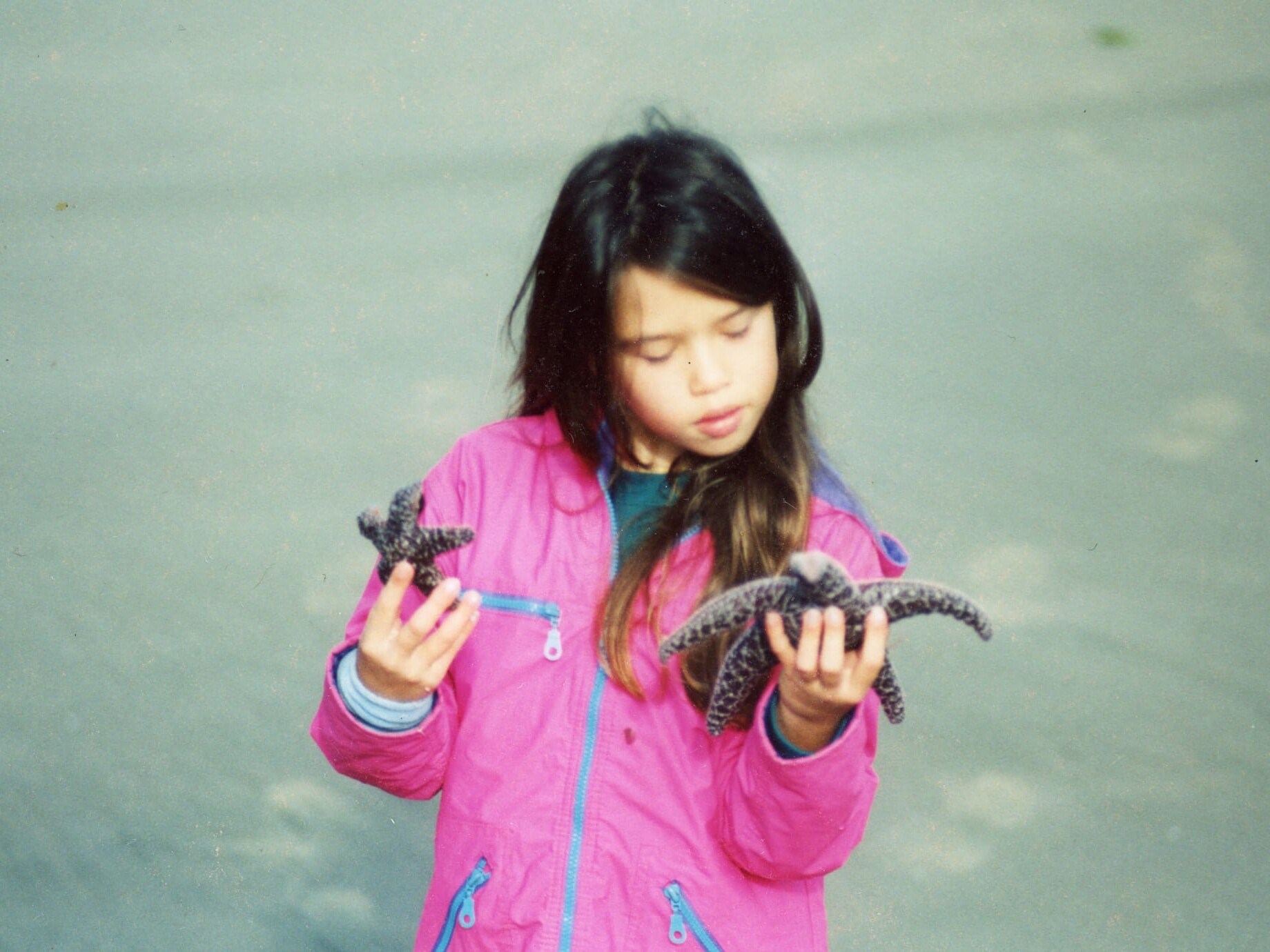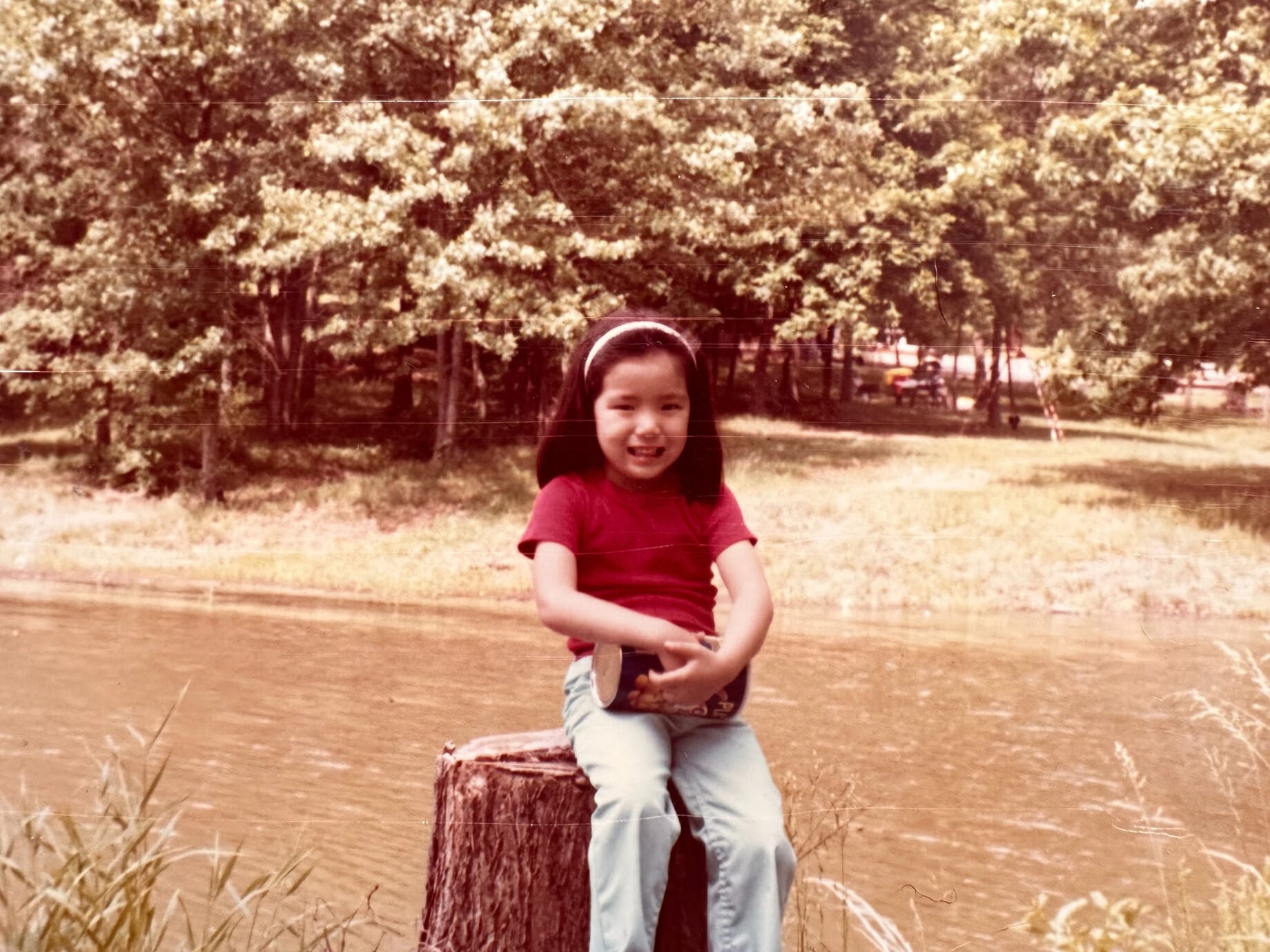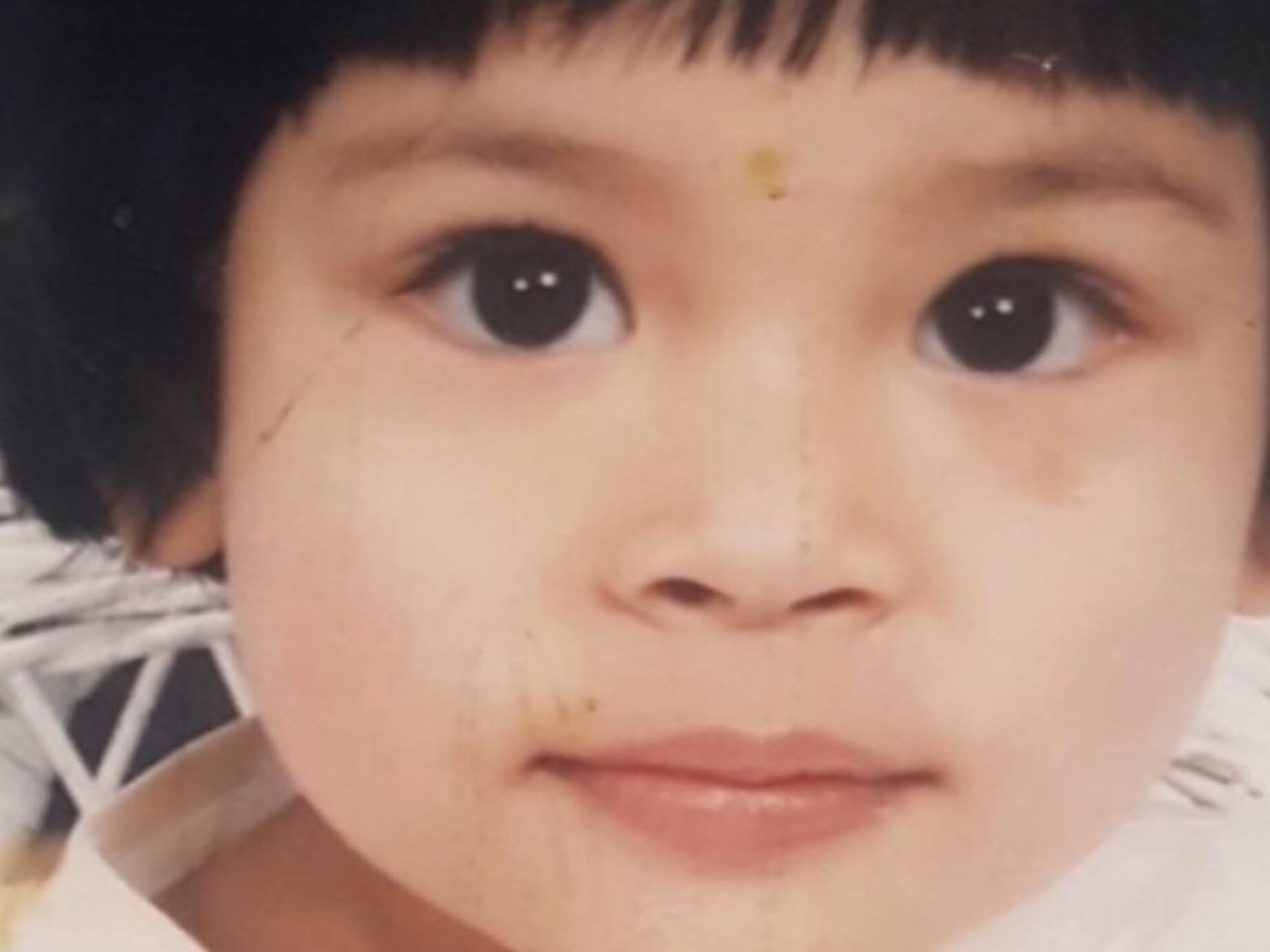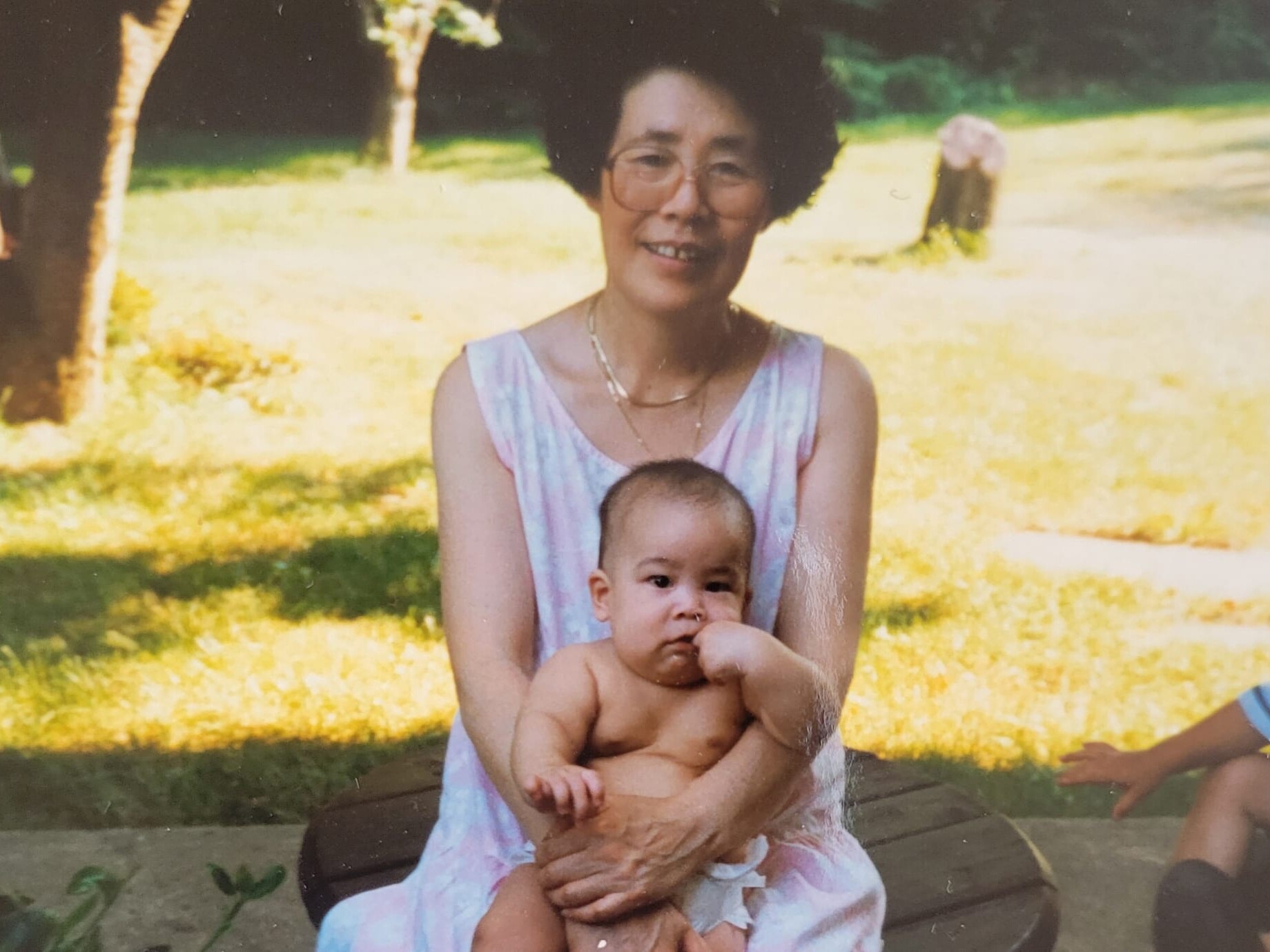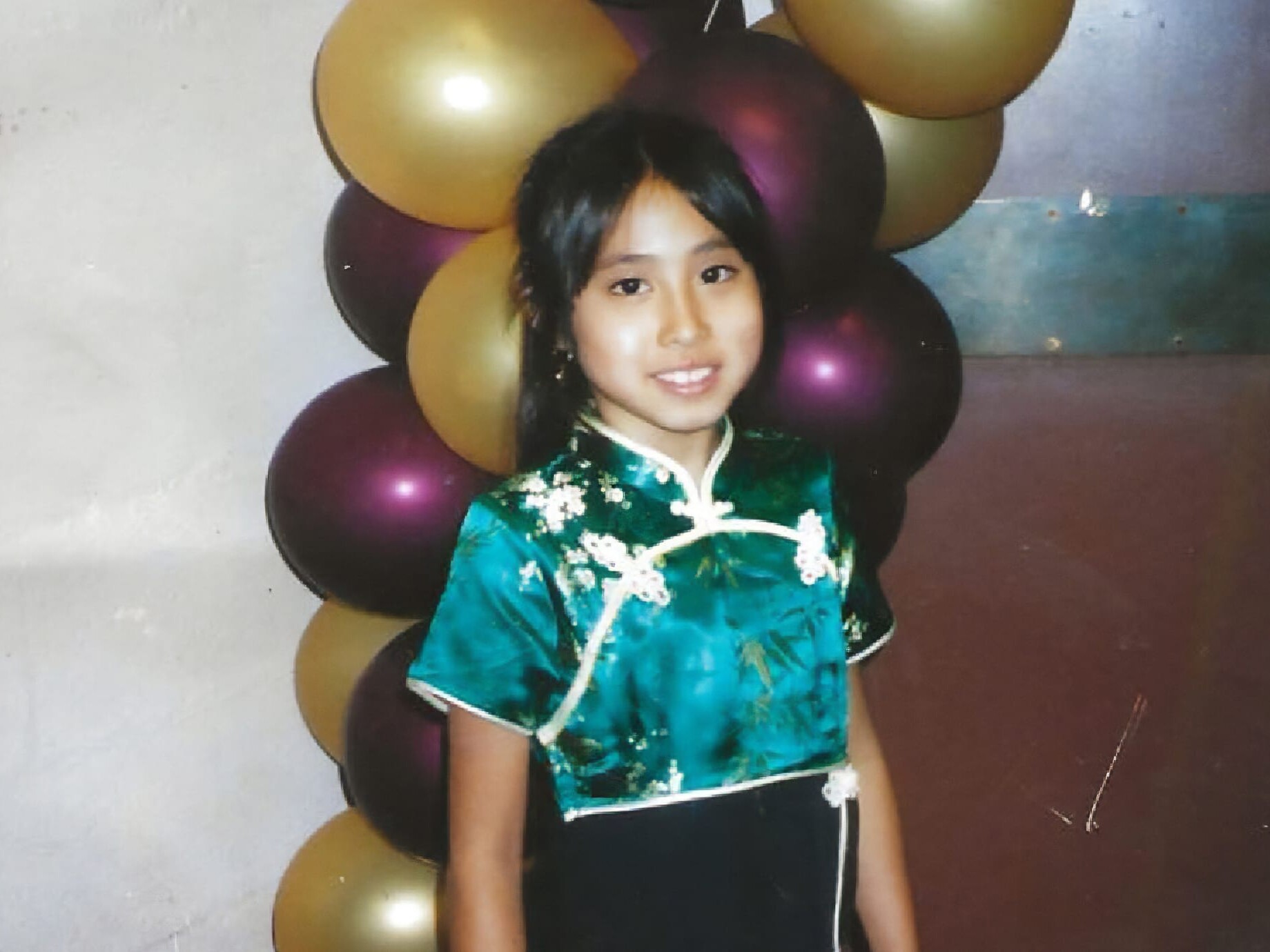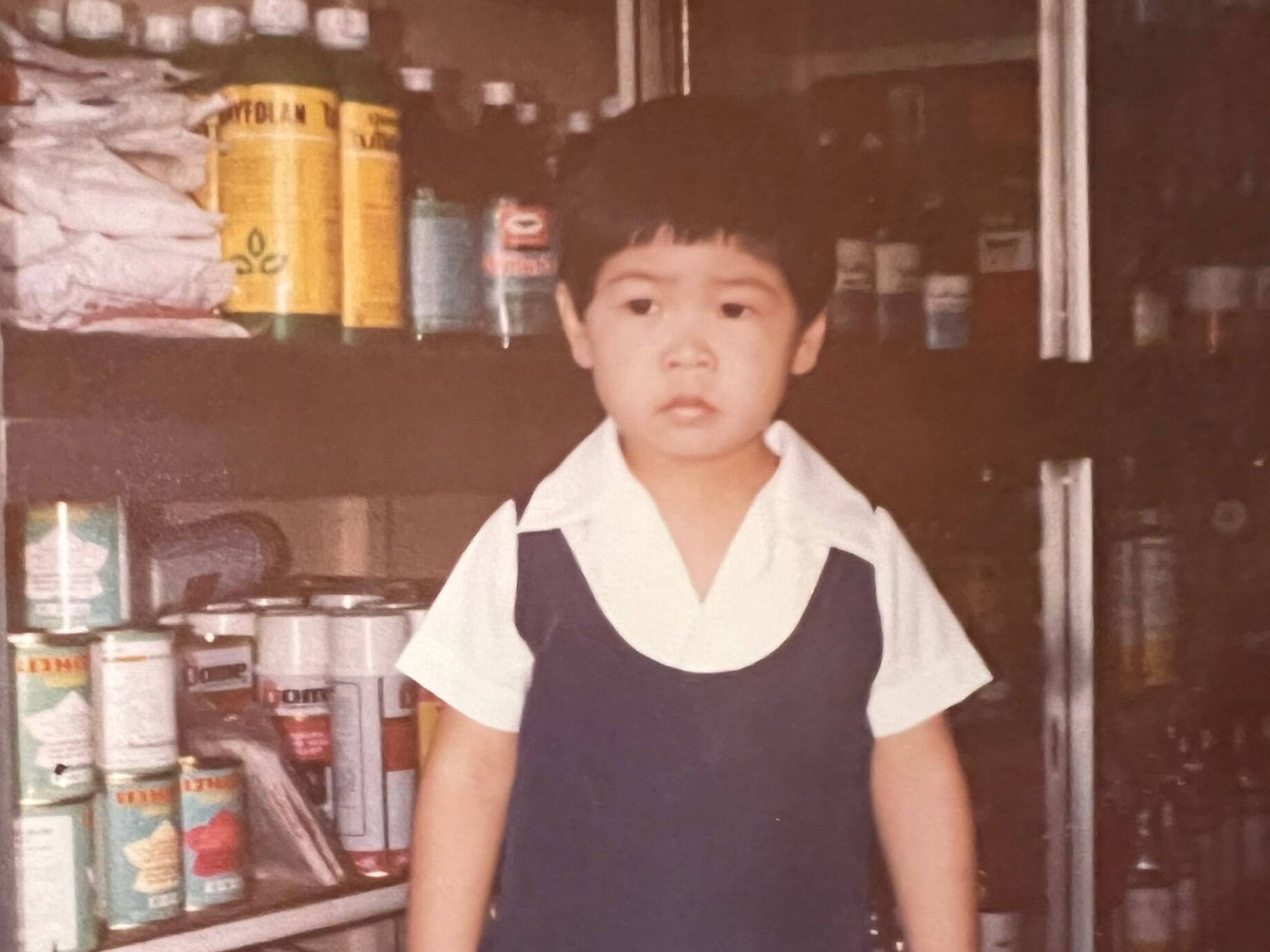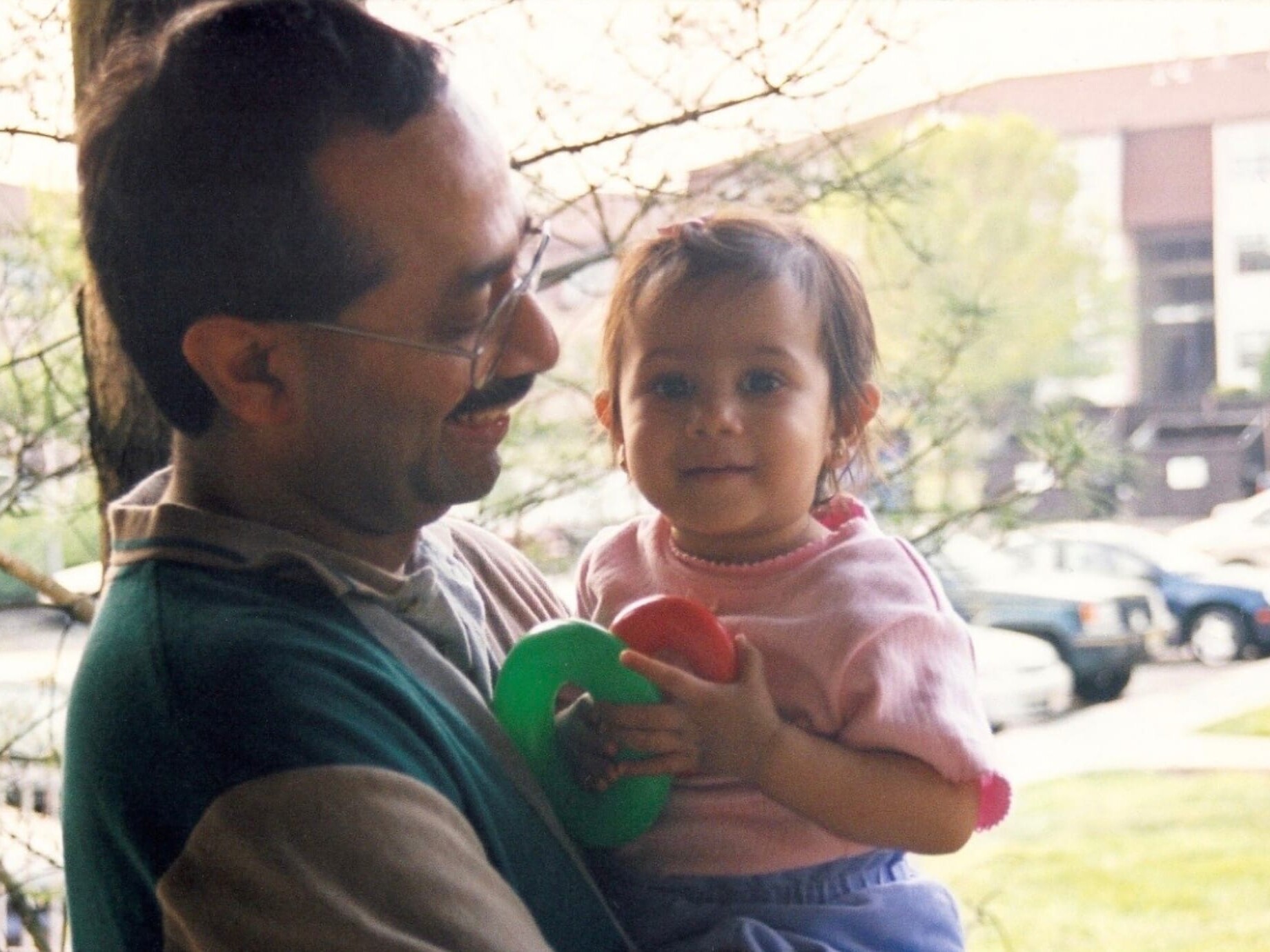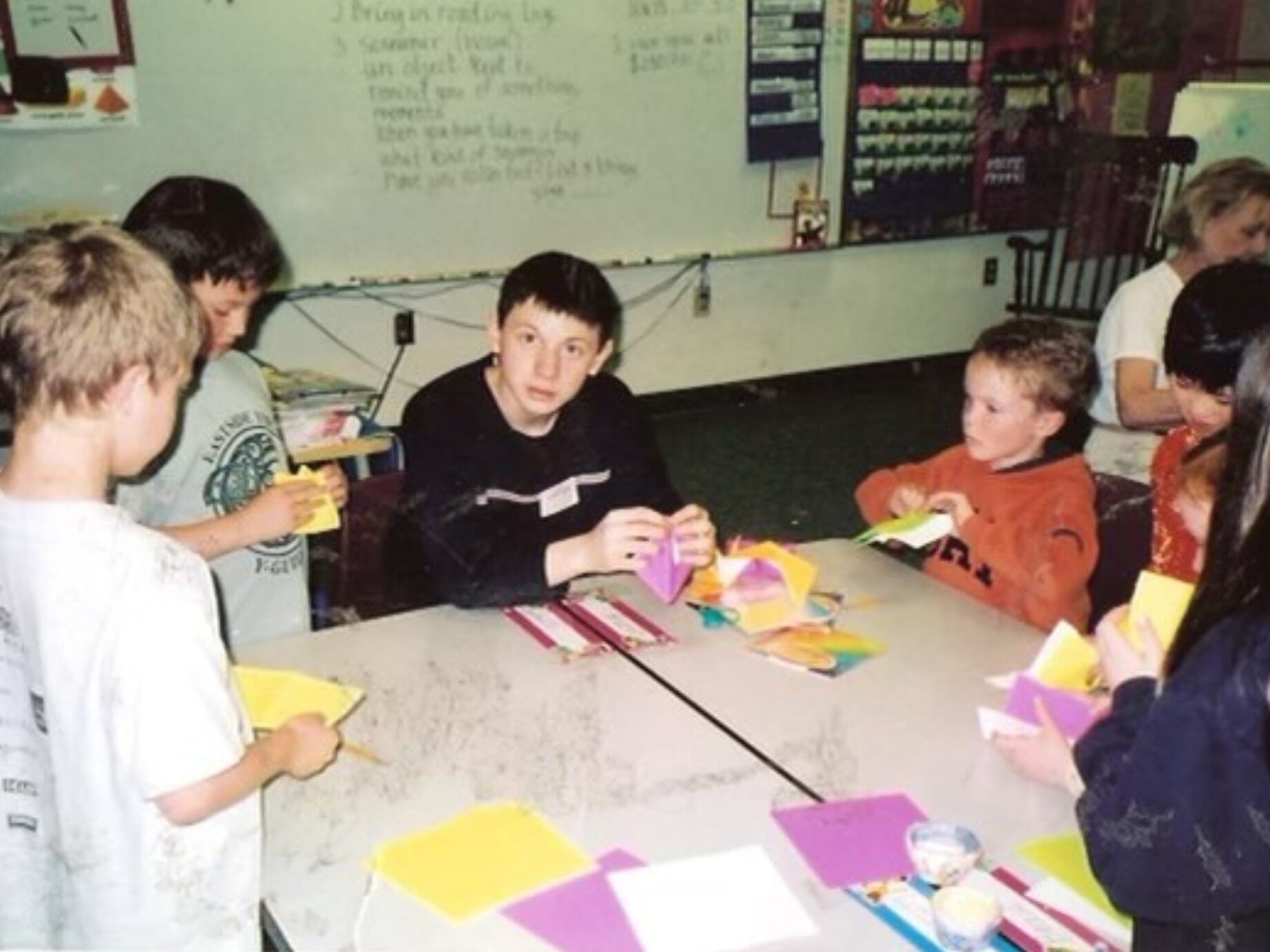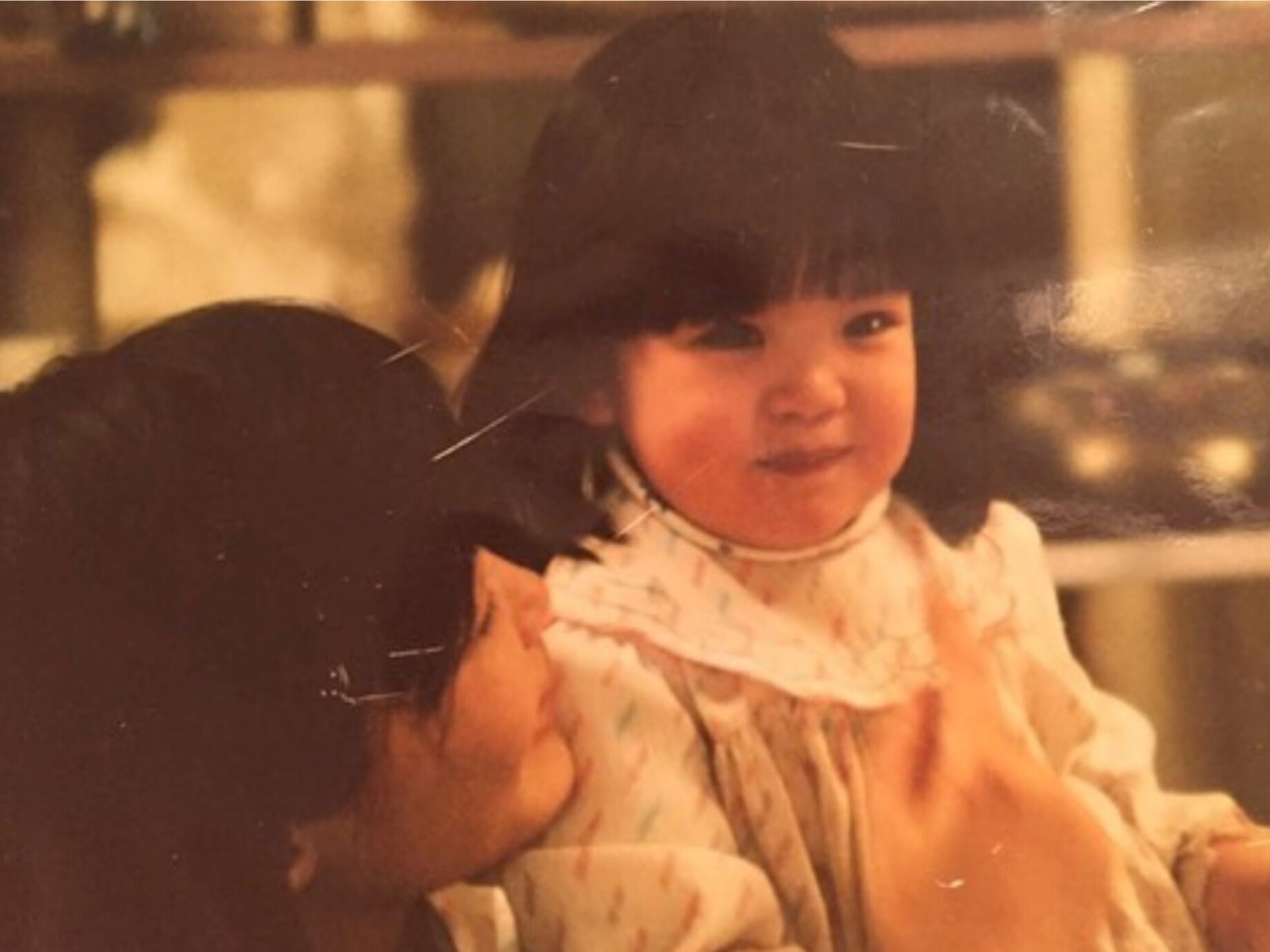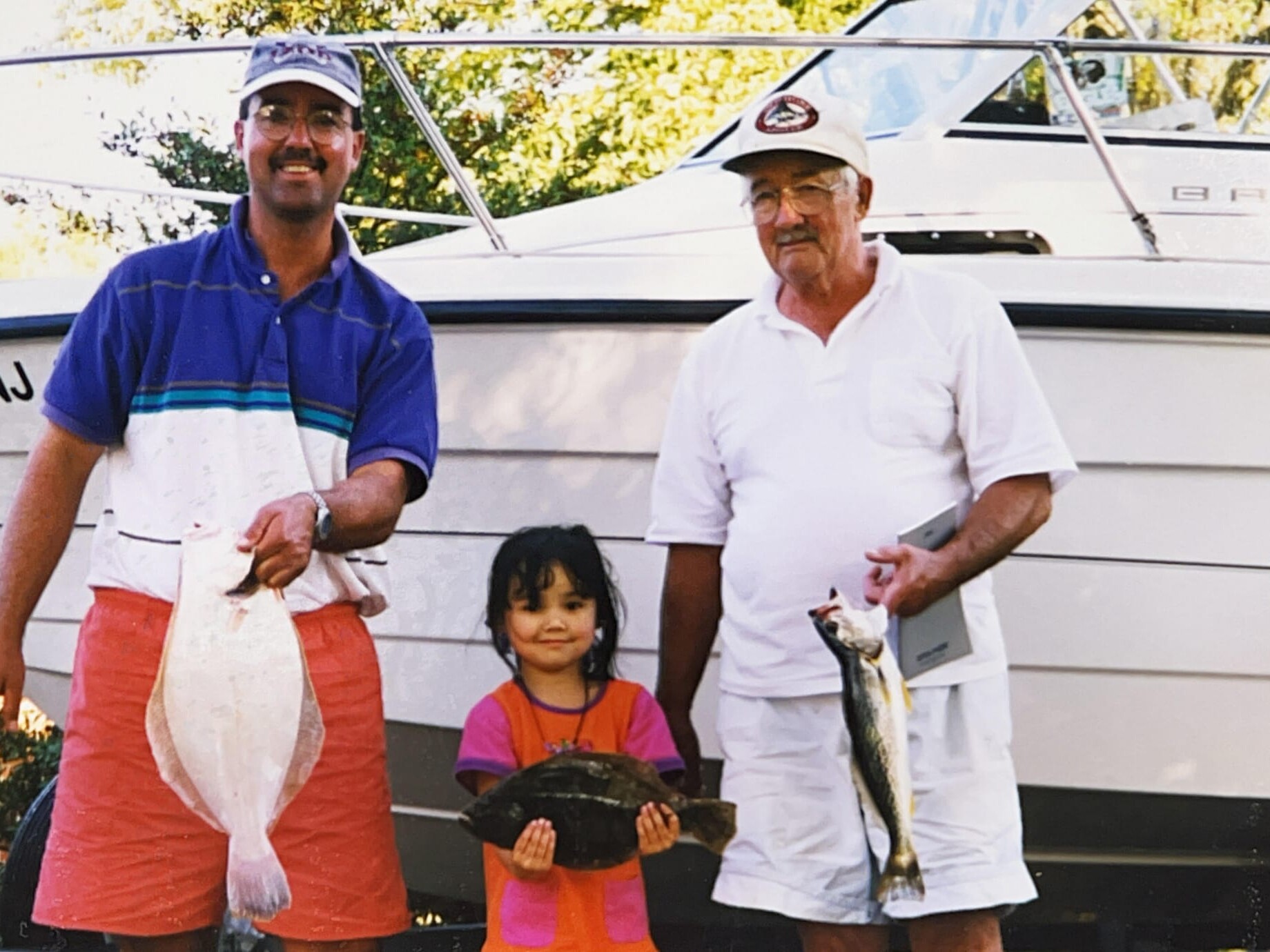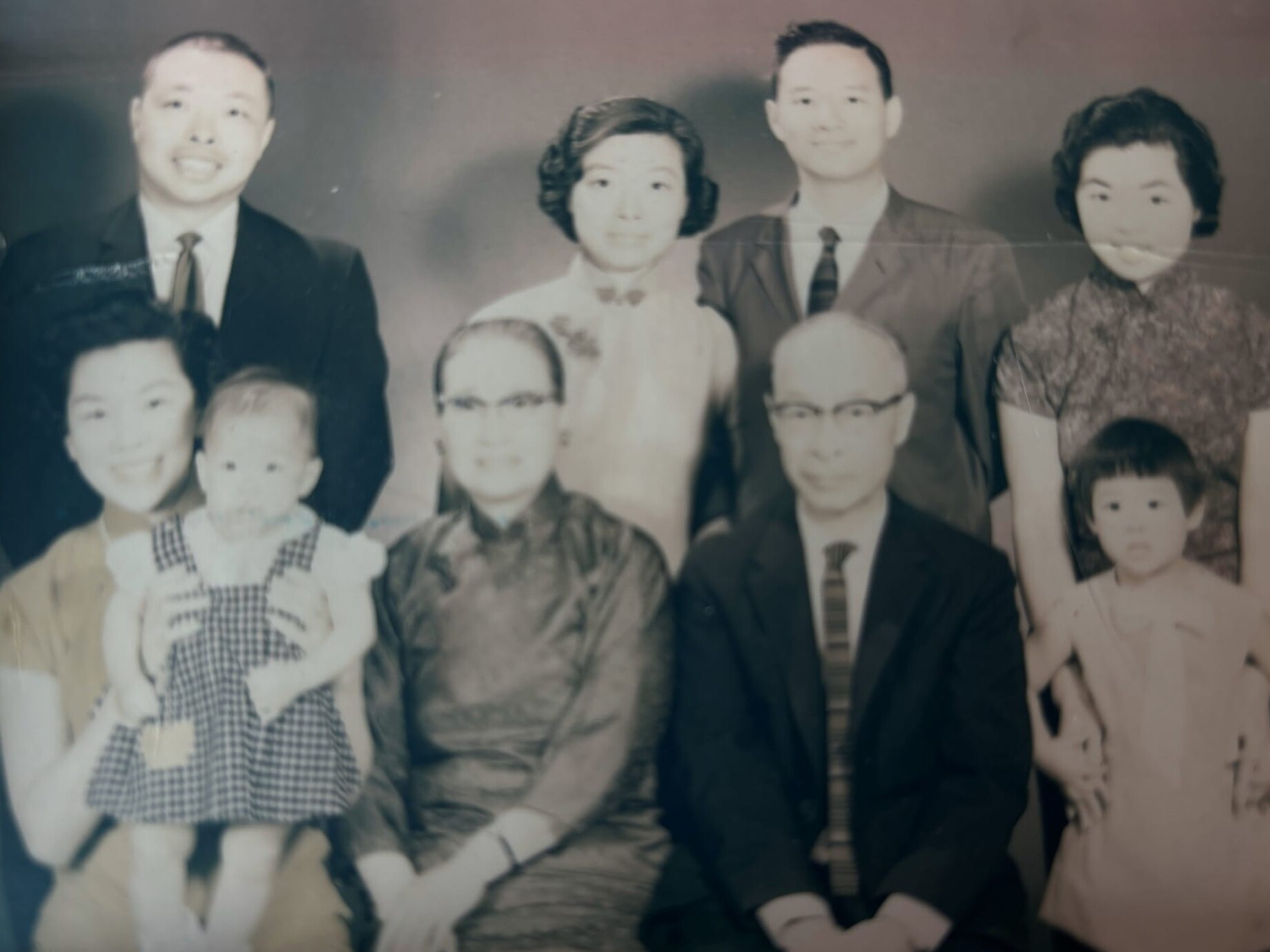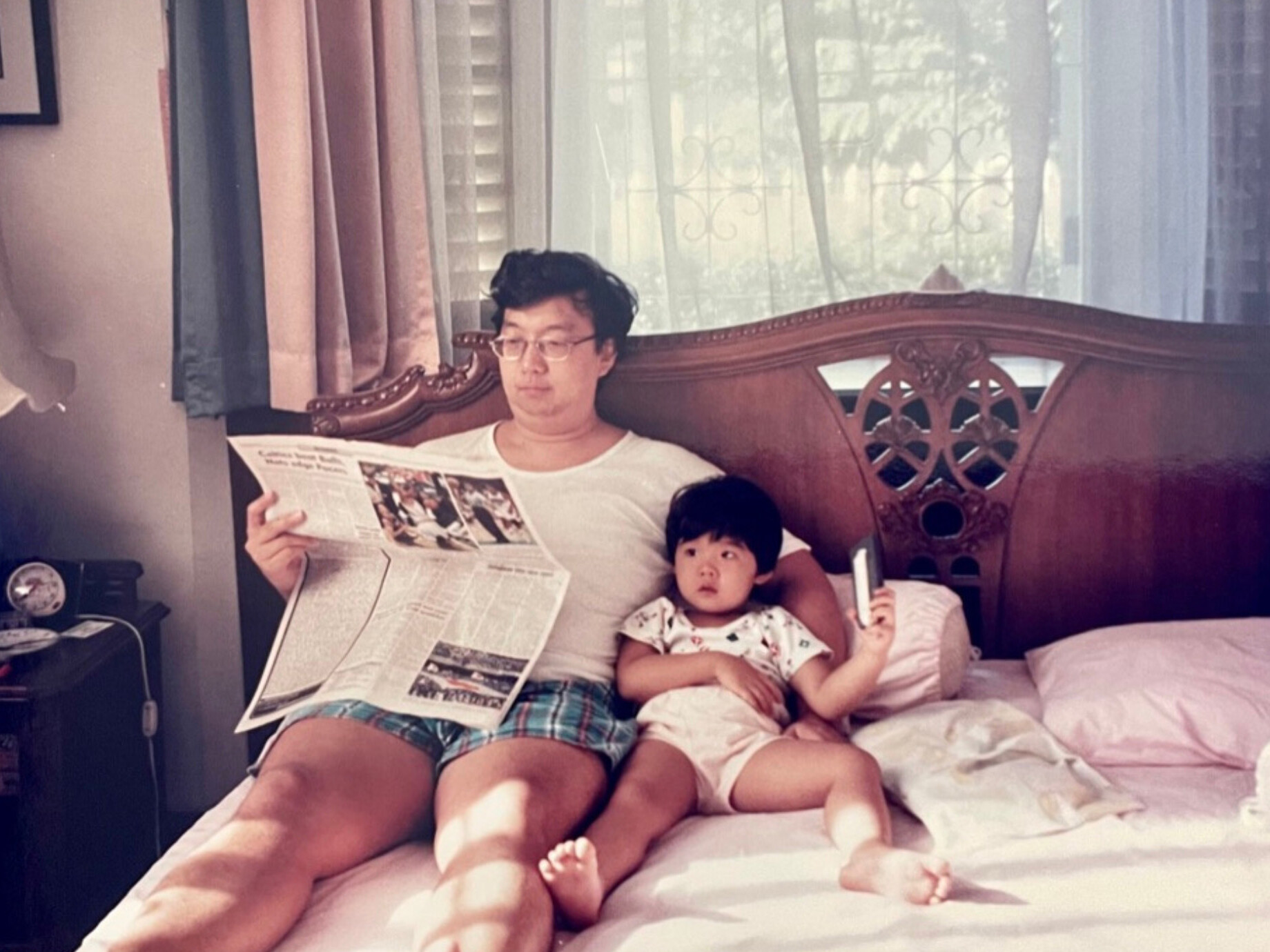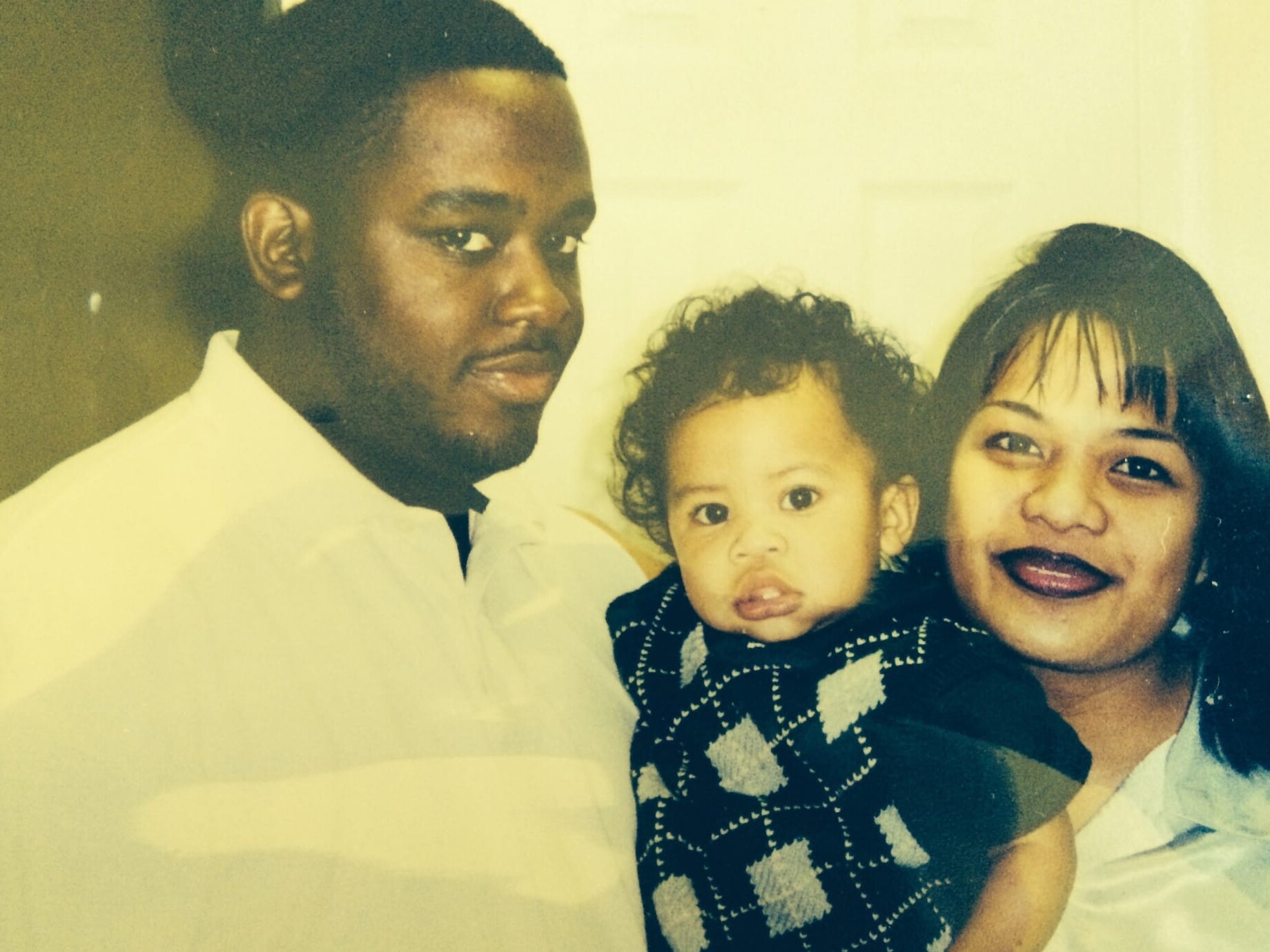DeShawn Rivers
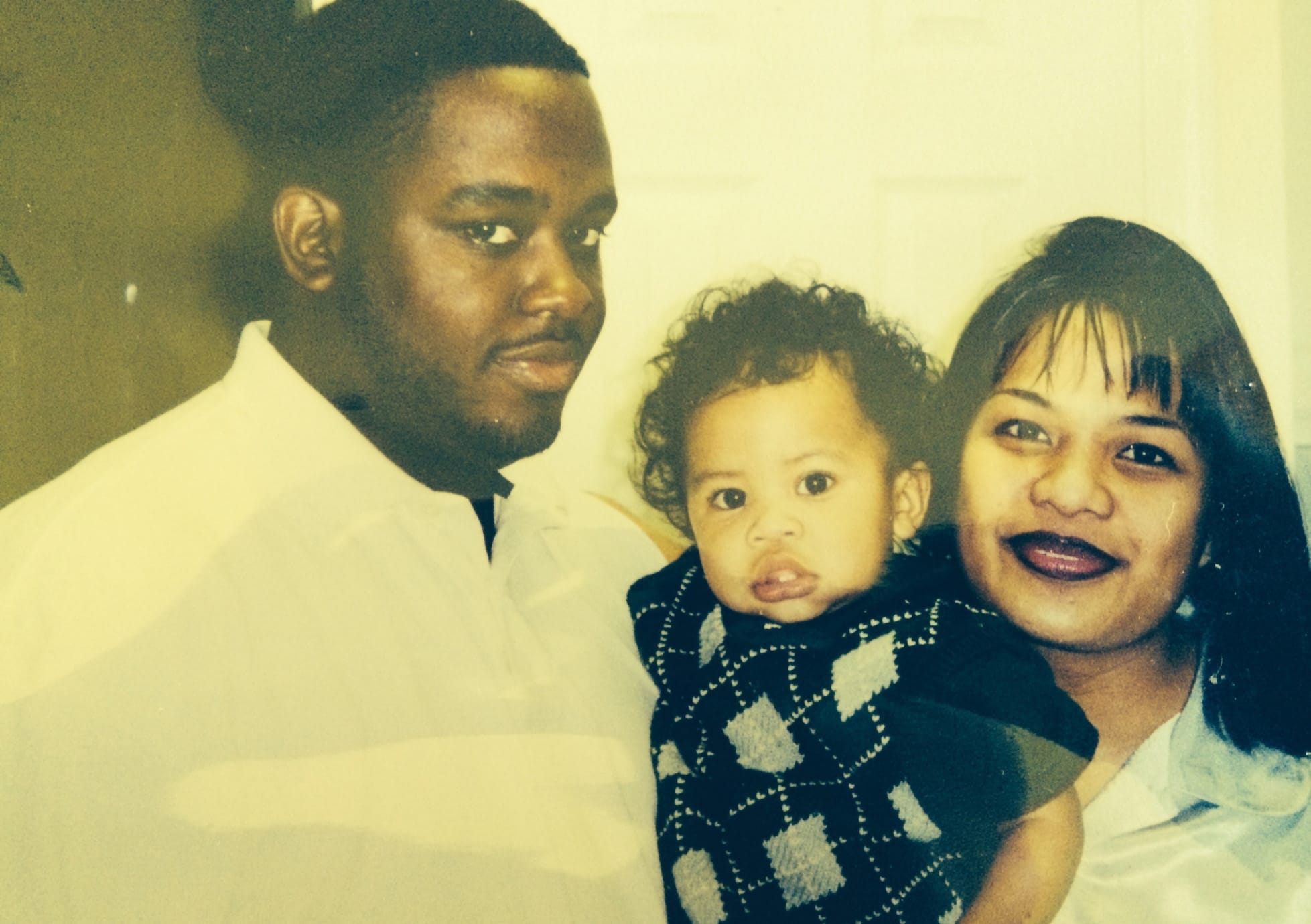
My name is Quinten DeShawn Rivers and I am of Filipino and Black descent. For most of my life, I have always been referred to as Quinten or Q. Growing up in Florida, I attended primarily black schools and classmates would often make jokes about my middle name by saying, “That’s where the black is.” At the time, I always laughed it off but later in life, especially in college, I always found myself feeling the need to prove my blackness and not feeling like I was a part of the wider black community. On the flip side, in the corporate working world, I had the issue where I often felt “too black” for the environment and needed to minimize myself to fit in. When I got involved with diversity initiatives, I would get the sense that I was being tokenized as the model black person at the company and that my efforts were to hit a number of black employees as opposed to promoting true diversity and inclusion. Now that I have chosen to claim the title of an artist, I have decided to exist in this space as DeShawn Rivers. It feels more authentic to who I am culturally and how I grew up. An interesting side effect of this is that it has created a dynamic where the closeness of my relationship with others will often show up in whether people call me Q or DeShawn.
More Community Stories
Ren Han
"As my gender identity began to differ and change, I gravitated towards my online handle 'Ren.' It was more gender neutral, an ambiguous in-between to all the different iterations of my name."
Shin Yu Pai*
"In my early 20s, I traveled to Taiwan on a root-searching tour and upon coming back to the States, decided to reclaim my Taiwanese name, which I have used full-time since being 23."
LiLi Marjorie Pigott
"I was born somewhere in China to a family that left me at a police station in Guangdong Province with no name or even a note with my birthday."
Bonita Lee*
"It is fitting how this is the place of rebellion in China, as I was always rebelling against my own culture while trying to fit in when growing up in the United States."
Jay Stoneking*
"Some days I wish I had, just to be more visible among my own community. Other days I feel grateful I don’t have to navigate racism the same way the rest of my family do."
Sandy Ha
"I was given one name by my parents when we lived on a different continent. After living in this one for a few years, I chose a completely different name for myself. I was six. "
Jenn Ngeth*
"I remember the first time I heard my mother say my last name out loud. It was the first day of Headstart and just as easily as it slipped out of my mother’s mouth, it was too slippery for my teacher to pronounce."
Eric Chan 陳志宇 진지유*
"I must also remind myself that the folk arts I practice are traditionally performed and passed down anonymously, so we need not hold any of our names as sacred, precious, or permanent."
Dany Srey-Snow
"It’s an invitation for people to really know the authentic me, just like my family. I share how it’s a reclamation practice and it’s been welcomed with openness."
Linda Takano
"While Shay was easy to spell, this name would have its own challenges since it was also a common Irish surname. I could tell people were expecting a person who did not look like me. "
Jasmine Vu*
"It was not until high school that I became increasingly aware of my identity as an Asian American, which turned into resentment. Why did my parents have to sacrifice their names for survival?"
Ashna Mediratta
"They had moved to the U.S. and were searching for a name that would be easy to pronounce with English letters and sounds, and would not be butchered by an American accent."
Evan 田辺 Captain*
"Much of my childhood and adolescence was shadowed by learning to hide that part of myself because that was easier than just existing in my own truth in a white community."
Jane Wong
"She asked a random customer to name me my “American” name and loved how simple it sounded...I keep forgetting my Chinese name."
Cassie Whitebread*
"For me and my mother, this last name adds an extra sticky layer of tension to meeting people for the first time. 'Whitebread? But you’re not white.'"
Carole Hsi Lin Hsiao 蕭席琳*
"All of these names are written in distinct ways to convey political, poetic, and sentimental meanings and all of them are often misspelled or miswritten."
Renata Lumanau
"I was able to learn Mandarin from a young age, but since we lived outside Indonesia since I was 3 years old, I felt disconnected not only from my Indonesian culture, but even more so from my Chinese one."
DeShawn Rivers*
"Growing up in Florida, I attended primarily black schools and classmates would often make jokes about my middle name by saying, 'That’s where the black is.'"
